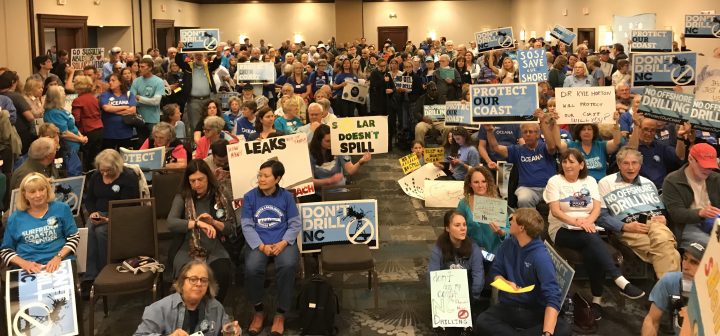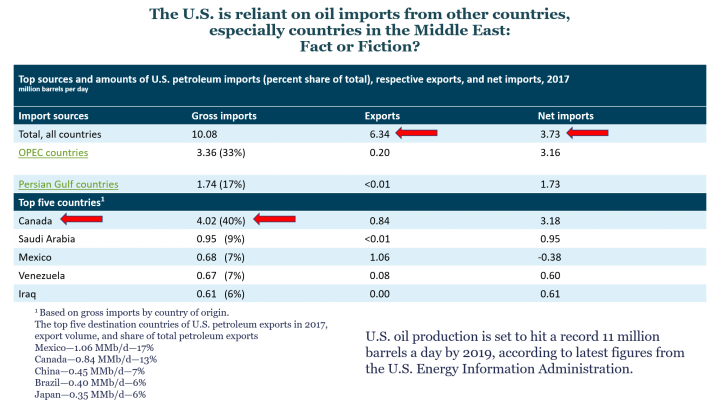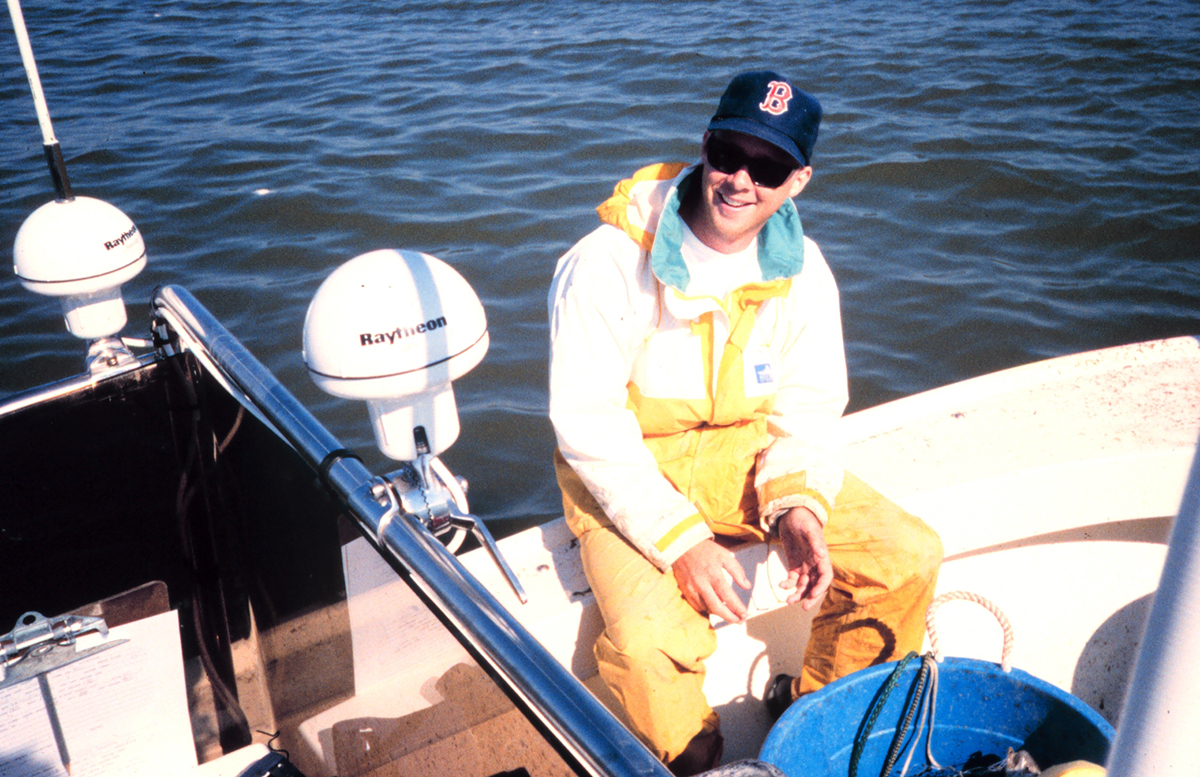
WILMINGTON — Having worked in the mining industry around the world, I know firsthand both the potential benefits and almost certain liabilities that mining activities can have on local and regional communities. The oil industry is no exception and is particularly known for making glowing promises of jobs and other economic development opportunities to local and regional civic leaders only to have these specious vows fail to materialize into any meaningful benefit. Our own community of Wilmington understands all too well what happens when we place our civic trust in corporations who promise they will do no harm, when in fact they are knowingly poisoning our air and water supplies.

After spending years in this industry, I have learned that the inherent risks to the environment and general populace from mining operations – as small as a sand mine and as large as an oil drilling initiative – far outweigh any purported direct or indirect economic benefits that may have been promised. With the exclusion of any future royalty payments for oil and gas extracted from their coastal waters, the only real benefits will flow to the already heavily subsidized oil and gas industry.
Supporter Spotlight
In its recent authorization to allow seismic air gun blasting in the Atlantic Ocean from New Jersey to Florida, the Trump Administration has willfully ignored the critical 2017 decision by the Bureau of Ocean Energy Management that concluded “… the value of obtaining the geophysical and geological information from new air gun seismic surveys in the Atlantic does not outweigh the potential risks of those surveys …” It has also willfully ignored comments made by every East Coast governor save one, Republican and Democrat alike, who have publicly opposed seismic testing and oil exploration off their coasts; it ignored the years of scientific assessment and hundreds of thousands of public comments that led to the original moratorium on any offshore oil exploration in the Atlantic. And it ignored me, along with representatives of 42,000 other businesses along the East Coast who have publicly opposed oil exploration in the Atlantic.
The opposition to offshore oil exploration is widespread and includes more than 500,000 fishing families from Florida to Maine, along with the Pacific, North Pacific, New England, South Atlantic, and Mid-Atlantic Fishery Management Councils. And even NASA, the Department of Defense, and the Florida Defense Support Task Force have expressed significant concerns that expanded offshore oil and gas development may threaten their ability to perform critical activities or in respect to the DoD, even safely protect the security interests of the United States.
Beyond the mass of opposition, the argument boils down to the simplest measure of good business: discerning the levels of supply and demand of a commodity. The overly active lobbying arm of the oil and gas industry claims we need this oil to maintain reserves amid unrest in the Middle East and to keep gas prices manageable. In reality, U.S. oil production is set to hit a record 11 million barrels a day by 2019, according to the latest figures from the U.S. Energy Information Administration. And the majority of our imported oil comes from Canada – not the Middle East. Moreover, the industry itself is not even buying proven lease blocks that have already been identified. At a March 2018 auction in the Gulf, said to be the largest lease sale of oil and gas blocks in history, less than 1 percent of the blocks offered were bid upon. Secretary of Interior Ryan Zinke said this sale would be a ‘bellwether’ for what to expect going forward.
Finally, business leaders like myself around the globe are waking to the simple reality that we can no longer ignore the clear and present threats from global climate change. The report released in October by the United Nation’s science panel warns that to avoid catastrophic consequences to life and property, which they estimate may cost as much as $54 trillion, we must transform the world economy at a speed and scale that has “no documented historic precedent.” And while this may require that we modify our personal and business reliance on fossil fuels, an obligatory step in this transformation is to leave any and all potential fossil fuel reserves in the ground.
This issue hits particularly close to home for our region. Climate change has and will continue to increase the intensity and frequency of storms like Hurricane Florence, which brought enough rain to be categorized as a 1000-year flood event; to match the 1000-year flood event we experienced in 1997 with Hurricane Fran. And it was just two years ago that we experienced a 500-year flood event when Hurricane Matthew swept through. Economic losses from both recent hurricanes are estimated to reach nearly $60 billion.
Supporter Spotlight
Business and community leaders recognize that the smart money is on renewable energy now. And it’s time that we demand our energy companies, our business communities and state governments invest in those renewable resources and infrastructure that will not only create new, safe jobs for our region, but will also pose no threat to our current businesses, our quality-of-life, nor our children’s future.

To stimulate discussion and debate, Coastal Review Online welcomes differing viewpoints on topical coastal issues. See our guidelines for submitting guest columns. The opinions expressed by the authors are not necessarily those of Coastal Review Online or the North Carolina Coastal Federation.







